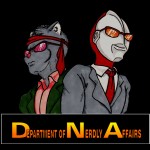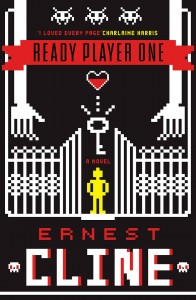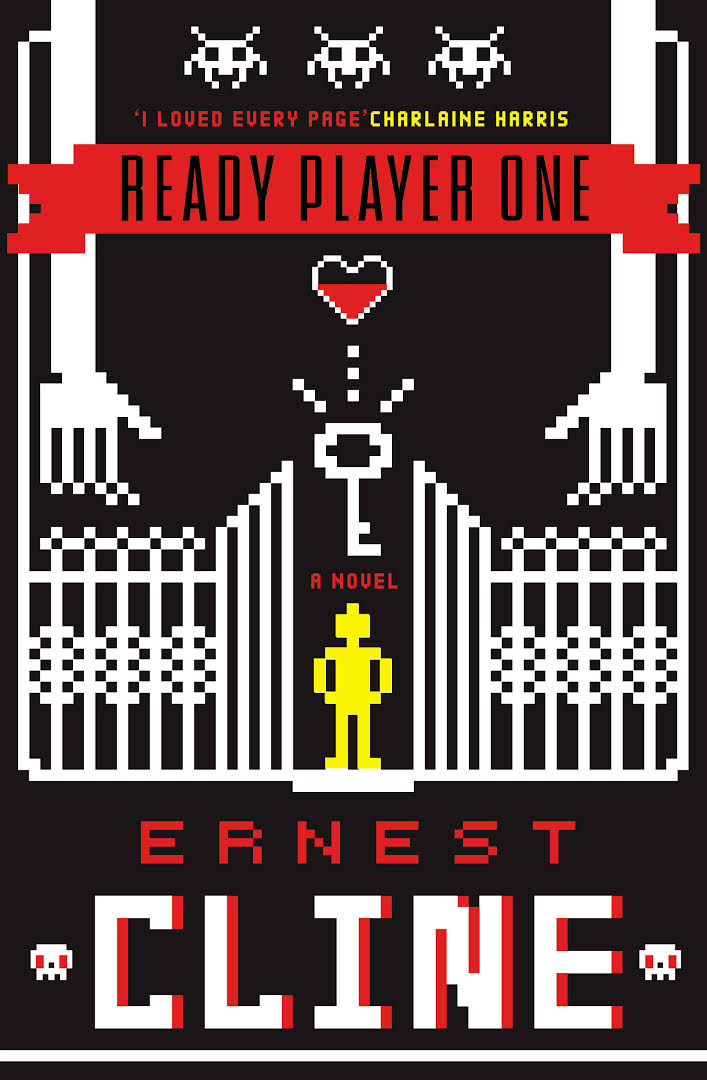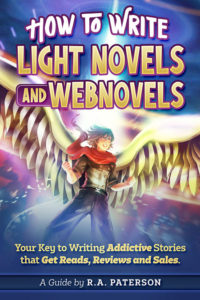

Rob Paterson and Don Chisholm discuss the books Ready Player One and H. Beam Piper’s Space Viking. We’re also going to discuss the idea behind the common writing advice “Write what you know”, the techniques of Stephen King, and why writers have a lot to learn from HP Lovecraft and the Scottish pirate metal band Alestorm. All this, and a heaping helping of magic white guys are ahead for you in this episode of The Department of Nerdly Affairs.
Closing Music: Ode to Joy performed by Oliver Eckelt
Things Discussed in This Episode:
Salem’s Lot (1979) Window Scene
Ready Player One by Ernest Cline
Late Bloomer (HP Lovecraft Sex Ed Class)





YES! First Comment. Take that Nerdly-wannabes!
Great first show guys. I got to listen to it on the way to work after I finally wrapped up “The Message”.
Loads of fun. I have no idea who Bryce what’s his name is. Do I lose massive geek cred for that?
Instead of going on and on about all the great, you want to hear the things I disagree with?
My only thing I said, “Oh no!” (Besides Stargate the TV series which I just couldn’t get into), was your insistence that one of the problems with science fiction was not thinking out a concept fully.
I think this is a huge mistake. That’s only useful for hard science fiction and novels.
The Twilight Zone wasn’t successful because the weird elements revealed a workable world, it was because they placed a problem for the characters to solve on a moral level as much as a plot level. One could say the same about Red Dwarf (really think through the reverse time thing, it could be about as realistic as Bizarro Superman (as Laney says, “Shouldn’t it be ‘Bad Bye” instead of “Goodbye’?”
Looking at things from the outside always looks impossible.
If you didn’t live in this culture, in this time, and you looked down at the plot of modern day human kind in the 21st century you’d say, “That’s totally unbelievable. No one would spend as much time polluting as they do in a free society setting up Global Warming to wipe themselves out. Doesn’t matter if there’s money involved, people have choice, and they’d choose to use better tech. Wouldn’t you? Where’s all the entrepreneurs who would totally cash in with great new tech in the seventies and clean up. They’ve had the gas engine for longer than they’ve had typewriters, and look at their entertainment systems!”
Not to mention the Climate Denialists.
The thing is, honest worlds are FULL of contradictions because human beings don’t make as much sense as they do in novels. Those that are trying to focus on making their world absolutely are consistent to the last beam of sunlight hitting the solar panel are displaying either intensely fascist societies in their books or are entirely control freaks as authors.
Speaking from a control freak myself. I love the control 🙂
Keep it up!
J
>That’s only useful for hard science fiction and novels.
Hmmmm…. what I was getting at wasn’t that a lot of settings are unrealistic- that’s totally cool by me. The problem is when they contradict themselves. (You’ll have to bear with me a bit; sometimes I bebop around a lot and don’t quite make the point I was hoping to. *sigh*)
>The Twilight Zone wasn’t successful because the weird elements revealed a workable world, it was because they placed a problem for the characters to solve on a moral level as much as a plot level.
That’s a good point…. for both of us. The advantage the TZ had was that they made very short, limited stories. You could easily present weird, heavy, fantastical ideas convincingly because they were the focus, and the world didn’t have to exist too much beyond them. You don’t think of the problems with the core idea because you don’t see much beyond them. They, and how they affect the characters is the focus.
>One could say the same about Red Dwarf
This is a good example ‘cos almost everything within the story makes perfect sense, given the circumstances of the story. Even if it seems really silly, it makes sense. Such as the computer thinking Rimmer and Lister were friends, because they spent most of their time together.
The trick when watching stuff like that is realizing that this sort of thing works both ways. You COULD argue that Holly SHOULD have been programmed with subroutines that would allow it to judge the quality of human interaction better. Makes sense, BUT since we see it doesn’t the oversight isn’t so much a mistake in writing as it is an indicator of how the setting works. As an audience member, the key is to cut the writer enough slack so’s they can present enough of these things to make the setting tangible.
>Where’s all the entrepreneurs who would totally cash in with great new tech in the seventies and clean up.
There’s a good example too. In a story you could have this totally happen. It would show a lot about the society in question. Maybe they’re better than us at long-term thinking. Or maybe they had some accidental technological discovery that made clean-up REAL easy, or the creation of pollution free power and products MUCH more feasible. In real life there were all kinds of circumstances that collided and created the situation we have now. (Too many for most stories to deal with effectively.)
Don C.